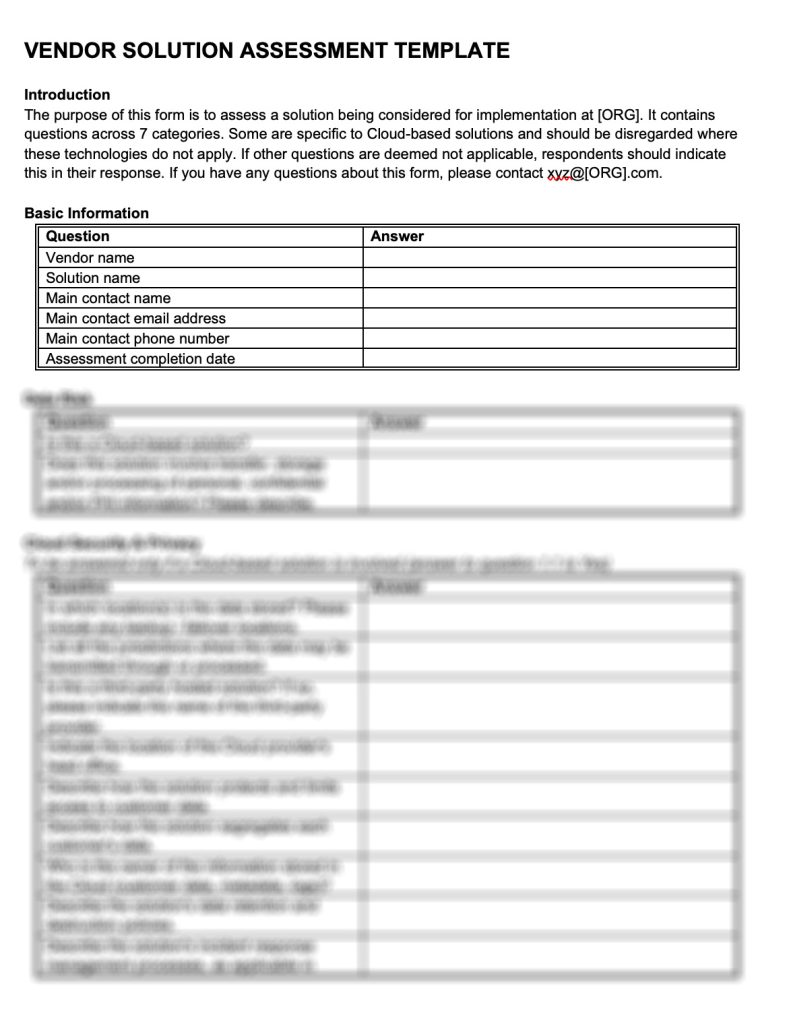Effective vendor management ensures that organizations can maximize the value of their technology investments, mitigate risks, and foster strong partnerships with their vendors. Establishing best practices for vendor management procedures can increase efficiency across your organization. As a NOREX member, you will have access to ready-made IT documents and IT templates and information that can help you streamline your relationship with vendors and set standards for the entire organization to follow.

Here are some key outcomes from establishing best practices in IT vendor management:
- Cost Optimization: Best practices enable organizations to negotiate favorable contracts, pricing, and service level agreements with vendors, resulting in cost savings. By establishing clear procurement processes and monitoring vendor performance, businesses can identify cost-saving opportunities and make informed decisions.
- Risk Mitigation: Organizations can mitigate risks associated with vendor relationships with the help of best practices. These can involve assessing vendor security, compliance, and financial stability to minimize the chances of disruptions, data breaches, or legal issues. Regular monitoring of vendors’ adherence to contractual terms and industry regulations is essential to ensure compliance and protect the organization’s reputation.
- Quality Assurance: Implementing best practices ensures that vendors deliver high-quality products and services. By setting performance metrics, conducting regular audits, and soliciting customer feedback, organizations can hold vendors accountable for meeting their obligations. This promotes a culture of continuous improvement and fosters long-term, mutually beneficial partnerships.
- Innovation and Adaptability: Establishing best practices encourages organizations to engage in strategic discussions with vendors, promoting collaboration and innovation. By fostering open communication channels, organizations can tap into vendors’ expertise, identify emerging technologies, and explore opportunities for digital transformation.
- Vendor Relationship Management: Effective vendor management is based on building and nurturing strong relationships. Best practices involve regular communication, collaboration, and mutual trust. Organizations can leverage these relationships to gain access to vendor resources, support, and future product enhancements.
To get access to this IT vendor management template and thousands of other IT documents in our Resource Library, join NOREX today! For those looking to learn more, we offer a wide variety to sample IT documents, IT toolkits, and IT event transcripts as well as guest passes to one of our virtual IT events or in-person IT conferences.